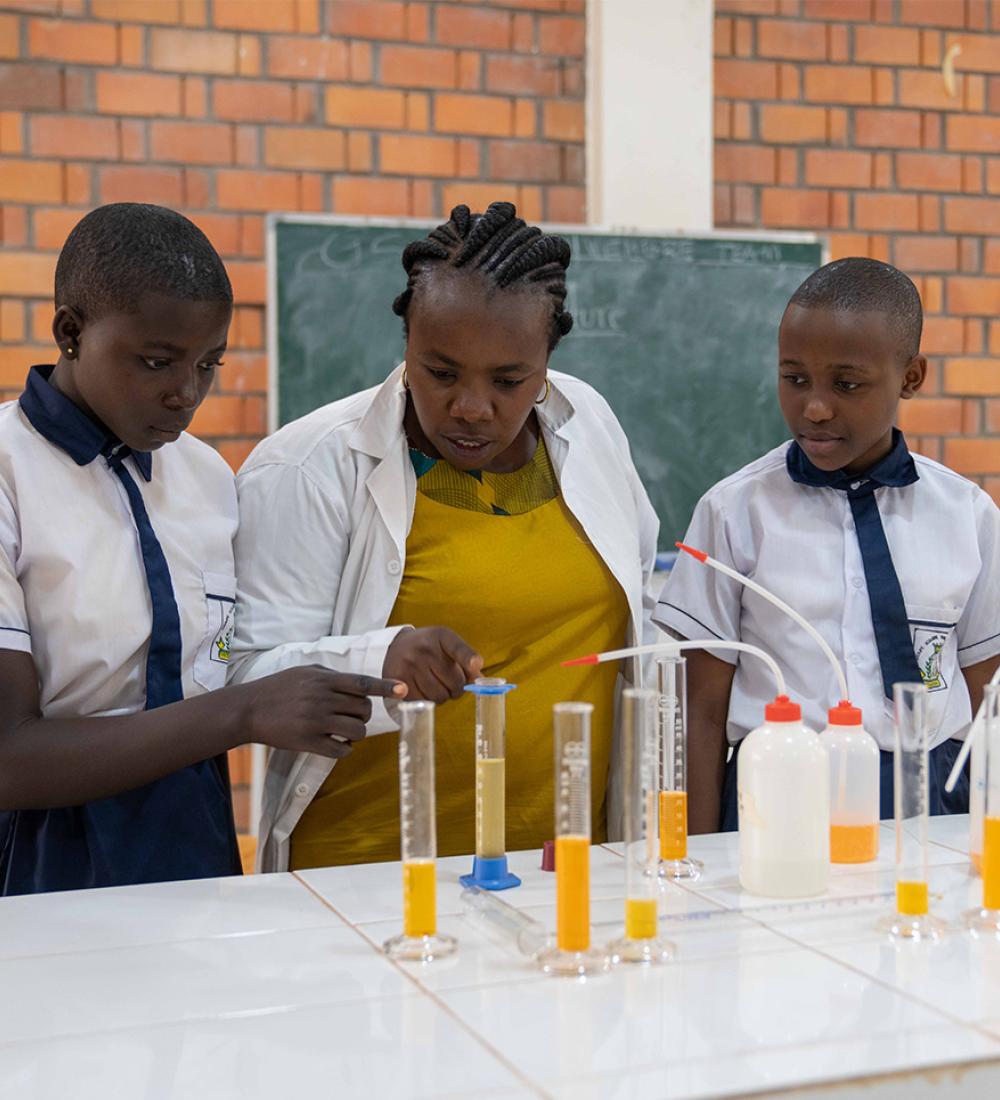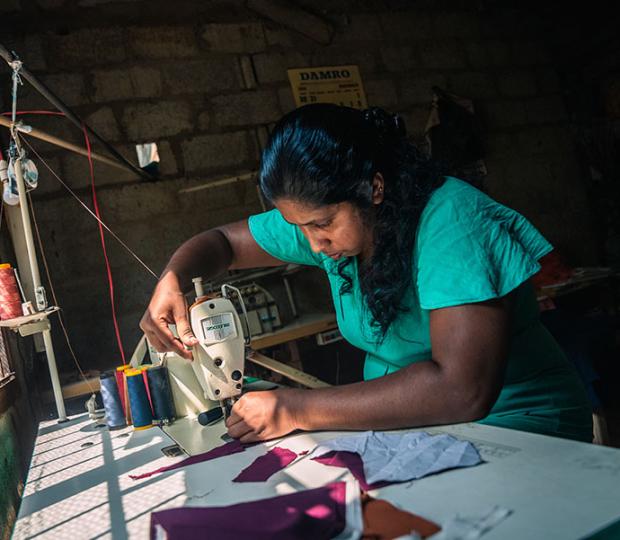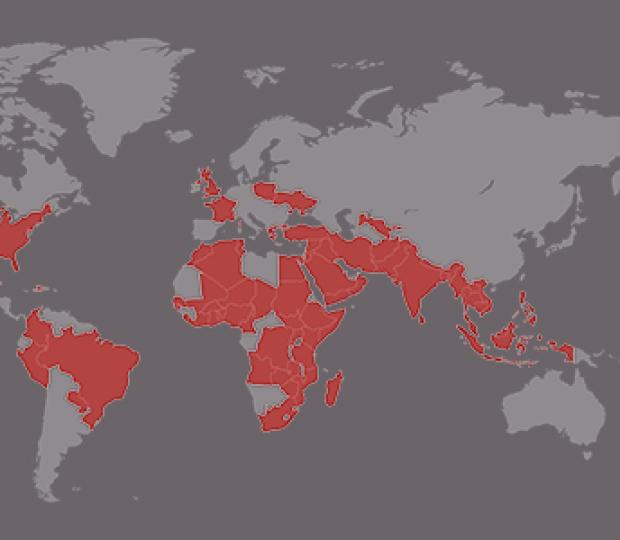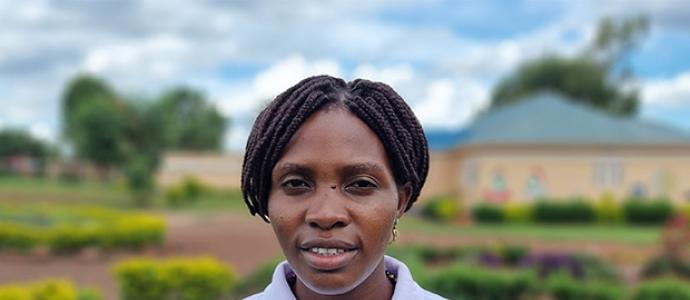Digital School Project
A major challenge facing quality education in the Global South is the lack of adequate resources, trained teachers, or inclusive learning environments. This directly impacts school retention rates, as students, especially from marginalised communities, are more likely to drop out due to poor learning outcomes, overcrowded classrooms, and limited support systems. Girls are particularly affected, as social and cultural norms often prioritise domestic roles over education, leading to early marriage, gender-based violence, and limited access to schooling. These barriers reinforce cycles of poverty and inequality, undermining long-term social and economic development.
Once a learner drops out of school, returning becomes increasingly difficult, especially as they become overage for their grade level. Older students often face stigma, a lack of age-appropriate learning environments, and pressure to work or take on family responsibilities. Without targeted support or flexible education pathways, many never re-enter the system, limiting their opportunities for personal development and economic empowerment
The Digital School Project offers a flexible, digitally powered alternative to traditional schooling, providing out-of-school adolescents (ages 13 to 18) with access to accredited pathways. The model supports children with access to curriculum-aligned education through shared tablets, remote facilitators, and community-based learning centres. Through this hybrid model, students may also engage in peer-based learning daily, independent study multiple times a week, and guided instruction through video calls and in-person facilitation. Teachers or facilitators are also supported through training to facilitate the hybrid learning experience. At the end of the program, learners access pathways to reintegration or certification. This solution intends to work closely with and promote government adoption.
Projects:













